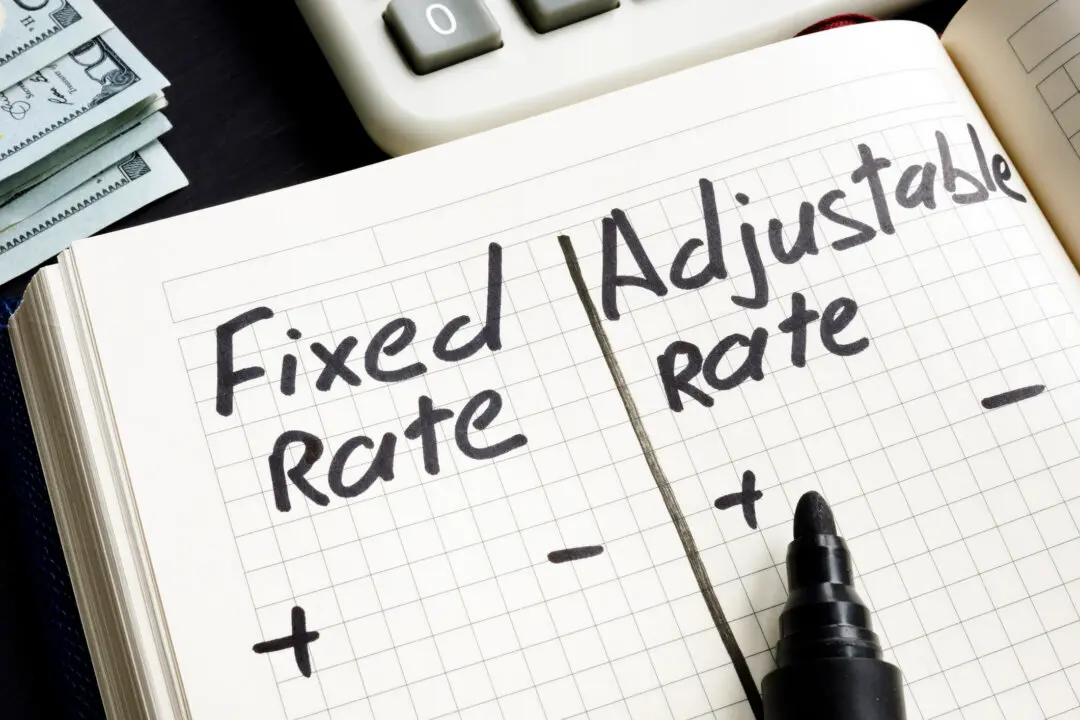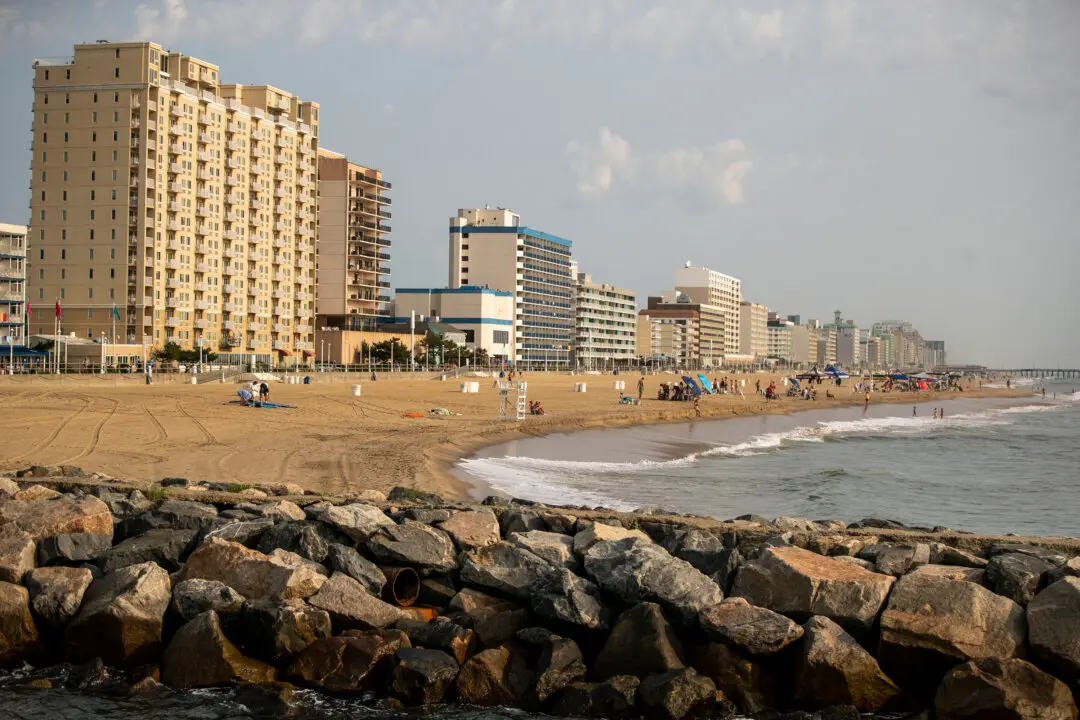With the heat dome over much of the nation and plenty of summer remaining, you’re probably seeing some eye-popping energy bills this season. But you can limit energy costs year-round with some alterations to your home. Even a well-maintained home eventually starts to lose energy, so an energy audit can solve some of your problems by detecting exactly where improvements will do the most good.
Schedule an Energy Audit
To make the best use of your home’s energy efficiency, schedule a professional energy audit. A pro takes a thorough look at air leaks and insufficient insulation, which wastes energy.
Look for third-party certification to verify that they’re following an established set of guidelines and not just looking to sell a new HVAC system. Respected certifications include (but aren’t limited to) BPI (Building Performance Institute), HERS Index (Home Energy Rating System Index) and LEED (Leadership in Energy and Environmental Design).
Standard tools for energy auditors include thermal imagers that can detect heat and cold loss on surfaces (and thus tell how well your insulation is working or what patches need to be filled) and a blower-door test that runs negative pressure through the home and detects leaks. Some companies offer them as part of an overall energy audit; others charge extra, so be sure you know what you’re getting up front.
You'll pay about $425 on average for this service, but it can more than pay for itself in costs saved later on.
An energy auditor should provide you with a detailed written report outlining all their findings and the problem areas they identified. This report should include any applicable images and graphics and suggest solutions for each problem.
When hiring, ask your energy auditor about their experience outside the field. Substantial experience in HVAC, construction or home inspection gives them a lot of understanding of the ins and outs of energy loss.






